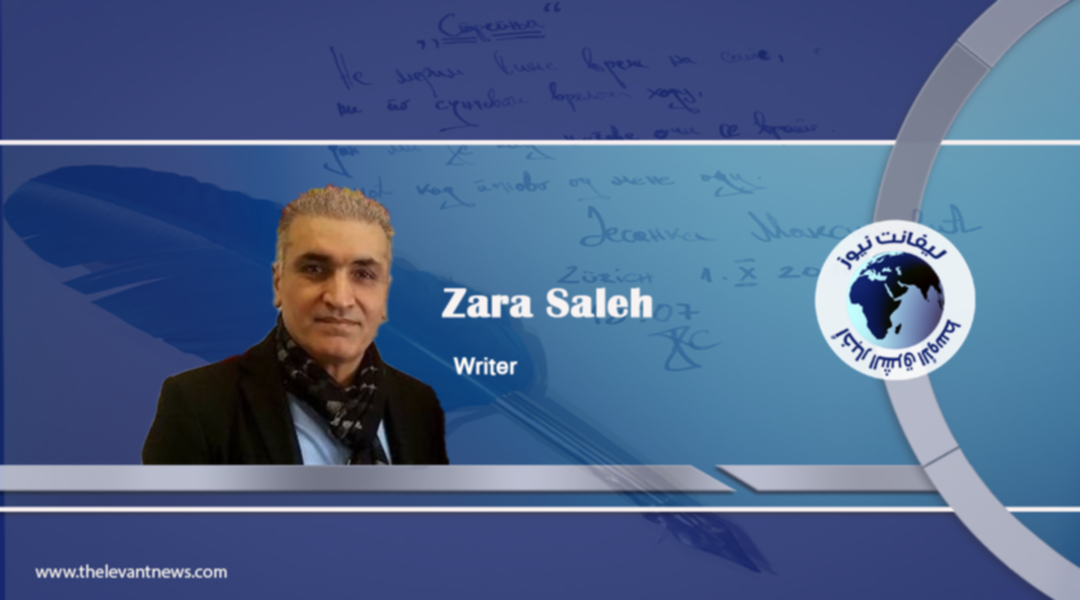-
Turkey is weaponising the Euphrates water against Kurds

Since the occupation of Afrin in March 2018 and Serekaniye and Tel Abyad in late 2019, Turkey has been directly at war with the Kurdish- controlled region of northeast Syria.
In the few recent weeks, the Turkish authorities have decreased the water level of the Euphrates River by 50% or more that directly affects Raqqa province and other areas in Syria; and again the water is now being weaponised against the Kurdish population and self-administration autonomous that is lead by the Syrian Democratic Forces (SDF). However, the water level has been recently dropped dramatically and Syria now is receiving only about 200 cubic meters per second. Eventually, it has affected people's life, agriculture, food security, fishing, and other environmental sectors that could lead to catastrophic outcomes in the future and even the region could suffer from drought.
By using water as a weapon of war, Turkey with the Syrian opposition mercenaries that affiliated with the Syrian Coalition began to bomb the water station since the occupation of Serekaniye in 2019. Furthermore, the water has been shut-off repeatedly, denying nearly one million population of Hassaka province of access to water, after their occupation of Allouk water pumping station in 2019.
Arguably since the Turkish government completed the Ataturk dam in 1990 on the Euphrates River with other dams later, the use of water as a weapon became a priority in their strategy. Turkey began to take control over the water supply to Kurdish, Syrian, and Iraqi neighbors downriver of the Euphrates and Tigris. Suleyman Demirel, the former Turkish Prime Minister who became known as "the king of dams" at that time he said, "Arabs sell oil, why don't we also sell our water?". Furthermore, during the UN General Assembly meeting in 1997, Turkey refused to sign the International Waters Convention, and they argued that both rivers, the Euphrates and Tigris are located only in Turkish territories and it is not necessary for them to share their water with the neighbouring countries.
Despite the fact that Turkey, Syria, and Iraq have reached an agreement about sharing the Euphrates water in 1987 that allows Syria to receive a flow of water 550 cubic meters per second. According to that agreement, the Syrian government can use 42% of the water, whereas 58% will be for Iraq. Later on, the agreement has been failed due to the rise in tension between Turkey and Syria because Turkey accused the Syrian regime of supporting the Kurdistan Worker's Party (PKK).
Consequently, with the other pressure on the Kurdish region such as an occupation, an economic embargo, and food insecurity due to the lack of water supply, Erdogan now is committing a war crime against Kurds by using the Euphrates River as a weapon of war. The results of such Turkey's policy towards the Kurds in Syria due to Erdogan's "phobia" of establishing a "Kurdish State" or independent autonomous in northeast Syria, could lead to catastrophic humanitarian outcomes in the region, and the UN and International Community should respond to this serious crisis caused by the Turkish government.
Zara Saleh
You May Also Like
Popular Posts
Caricature
opinion
Report
ads
Newsletter
Subscribe to our mailing list to get the new updates!





















